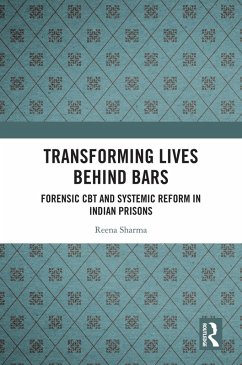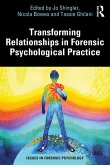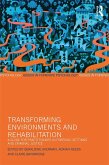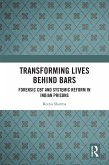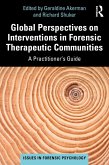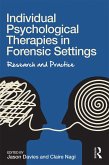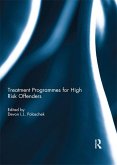Drawing on global frameworks such as Forensic Cognitive Behavioural Therapy (CBT) and therapeutic jurisprudence, the book highlights the Samarth: Breaking Barriers initiative launched at Ahmedabad Central Jail and then extended in other central prisons of Gujarat, as an applied model tailored to the Indian correctional context. The initiative ethically adapts international best practices to align with institutional realities and cultural dynamics, making it a potential reference point for similarly under-resourced or high-need environments.
Aimed at policymakers, forensic psychologists, criminologists, penologists, mental health professionals, and those working in correctional administration and criminal justice reform, the volume illustrates the potential of structured, ethical, and culturally responsive rehabilitation. It will also be a valuable resource for students, researchers, and practitioners across psychology, psychiatry, penology, correctional administration, social welfare, and correctional mental health.
Dieser Download kann aus rechtlichen Gründen nur mit Rechnungsadresse in A, B, BG, CY, CZ, D, DK, EW, E, FIN, F, GR, HR, H, IRL, I, LT, L, LR, M, NL, PL, P, R, S, SLO, SK ausgeliefert werden.

